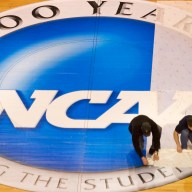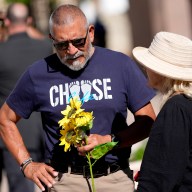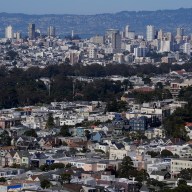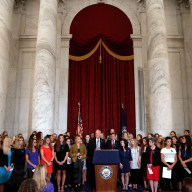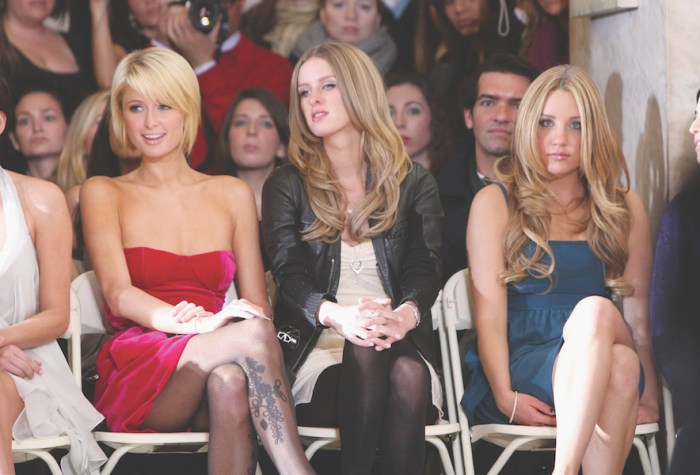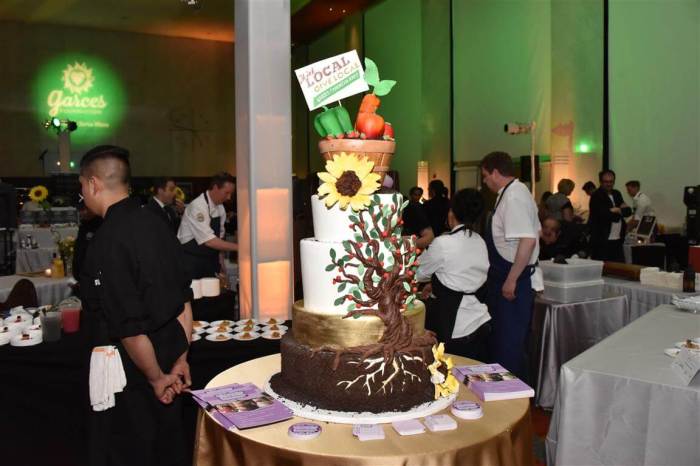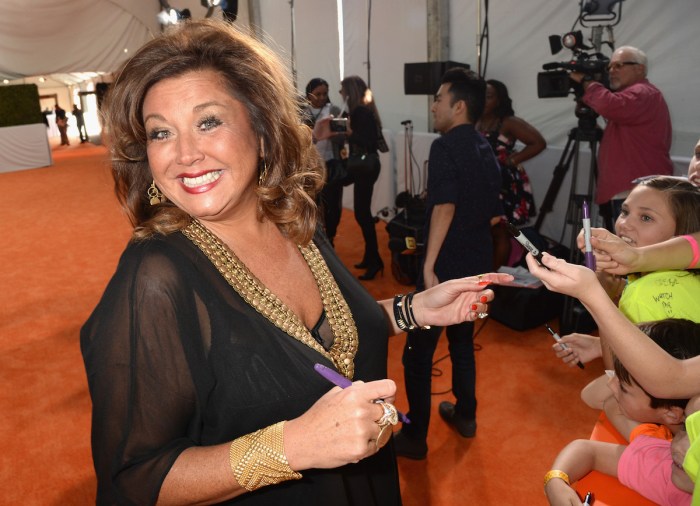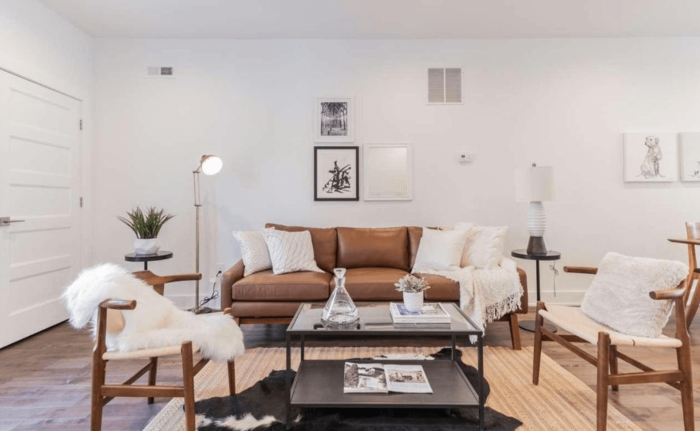The Rolling Stones’ Fifty and Counting tour visits Boston for two nights this week. Since this could be the last time, we thought we’d get rock writer Stephen Davis to chronicle the band’s history with the Hub.
It started in 1964, when legendary Boston rock jock Arnie “Woo Woo” Ginsburg played Stones singles like “Tell Me” over radio powerhouse WMEX (1590 on the AM dial), one of the first stations in America to pick up on “England’s Newest Hitmakers” in the wake of the Beatles.
Summer 1966: The surging Stones, sparked by founding guitarist Brian Jones, arrived in nearby Lynn, Mass., to play a concert at the Manning Bowl. A riot started halfway into the first song (“Not Fade Away”) as teens charged the stage. The band fled amidst a fog of tear gas and flying chairs, and barely made it to the limos as the cops tried to beat back the riot.
In 1969, the Stones returned to Boston with Mick Jagger playing Lucifer, and new guitarist Mick Taylor. Now they were the self-proclaimed “Greatest Rock & Roll Band in the World,” and they proved it in Boston Garden with razor-sharp new songs like “Midnight Rambler” and “Sympathy for the Devil.” Some say the Devil called in the loan a few months later in California, when fans died or were killed at the notorious free concert at Altamont.
In 1972, The Stones returned to the Boston Garden for two nights with horns, mirrored spotlights, and a new act fashioned from Exile on Main Street. On opening night, the band’s plane landed in Providence because smoke from a race riot in Boston obscured Logan airport. In Providence Keith Richard was arrested for punching a news photographer as 18,000 restless Stones fans were entertained by opening act Stevie Wonder. While officials scrambled to spring Keith from jail, Boston mayor Kevin White famously took Boston Garden’s stage. He asked for quiet, and told the fans, “My city is in flames.” He said he was withdrawing the police guarding the concert to help contain the riot, and asked for good behavior from the Boston fans. That night the Stones arrived in Boston five hours late, but they played well, and the exhausted fans left quietly, with no incidents reported.
Summer 1975: The Stones returned to the Garden with new guitarist Ron Wood and Billy Preston in the band. They played the best rock show this writer ever witnessed, a mesmerizing display that climaxed during “Starf—er” (Ok, “Star Star”) when Mick Jagger mounted a 60-foot inflatable penis that appeared from a trap door and rode it around the stage in cosmic abandon.
The Rolling Stones skipped Boston on their 1978 and 1981 American tours, but the band rehearsed for the latter at Longview Farm studio in central Massachusetts, and opened the ’81 tour with a scorching set at Sir Morgan’s Cove, a dive bar in nearby Worcester. Capacity was about 150. No one who was there ever forgot it.
The Stones were feuding during most of the 1980s, but when they returned to Boston with their Steel Wheels tour in October 1989, they came in red hot. The concert at the Patriots’ Sullivan Stadium in Foxborough was the first of the band’s game-changing extravaganzas, with giant Jumbotron screens projecting images of the 15 musicians on stage to sold-out crowds numbering in the tens of thousands.
In 1994, with the Voodoo Lounge tour, again at Sullivan Stadium, the Stones began a long run of opening their American tours in Boston. The band would spend a month with their families at the Four Seasons Hotel on Boylston Street, while they rehearsed and prepared the intricate stage effects and lighting cues for their big stadium shows. Drummer Charlie Watts was a regular at Cambridge jazz clubs Scullers and the Regatta Bar.
And so on:
The 1997 Bridges to Babylon tour, with a rip-roaring oldies set played in the middle of re-named Foxboro Stadium;
The 1999 No Security tour at the Fleet Center, which replaced Boston Garden, demolished in 1998;
The 2002 Forty Licks tour, which the Stones opened at the (tiny) Orpheum Theatre. Good luck getting in. (I didn’t). Bootleg recordings reveal a killer version of the O’Jays’ “Love Train;”
Fenway Park, 2005. The Stones constructed two four-storey corporate VIP condos, for ultra high-roller fans, around and above the stage in center field. Excess all areas.
The Rolling Stones last appeared in Boston (twice) during the Bigger Bang tour in 2006. In January they played TD Banknorth Garden. On sale, with the usual swag, were nine varieties of Rolling Stone labeled wines. In September, they sold out Gillette Stadium, which replaced Foxboro.
This week the Rolling Stones are back in Boston, this time (hopefully) rocking what is now called TD Garden. Could this be the last time?
Stephen Davis is the author of many bestselling music biographies, including “Old Gods Almost Dead: The Rolling Stones Saga” (Doubleday, 2001).
The Rolling Stones
Wednesday and Friday
TD Garden
100 Legends Way, Boston
$148-$598, 800-745-3000
www.ticketmaster.com




